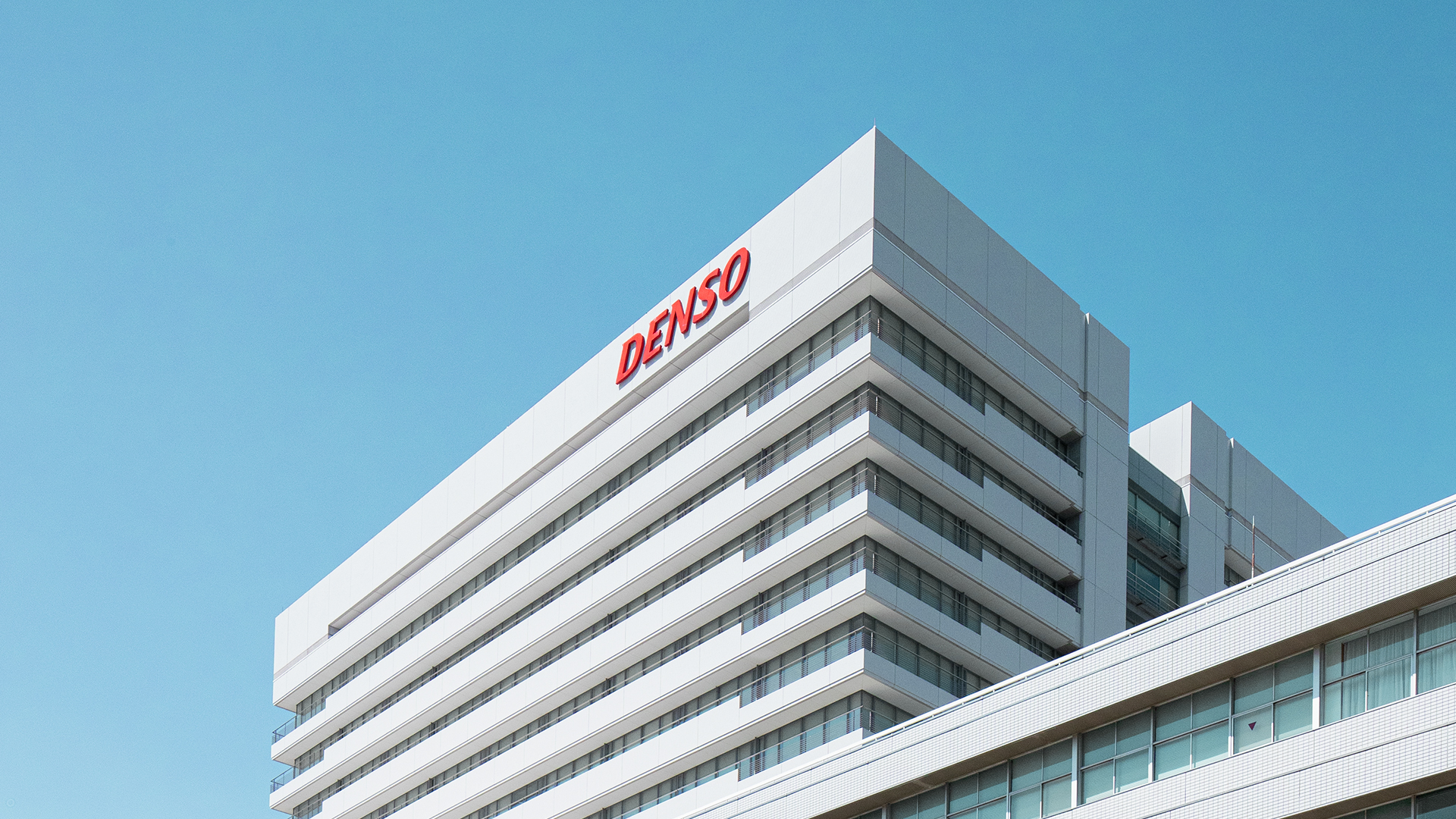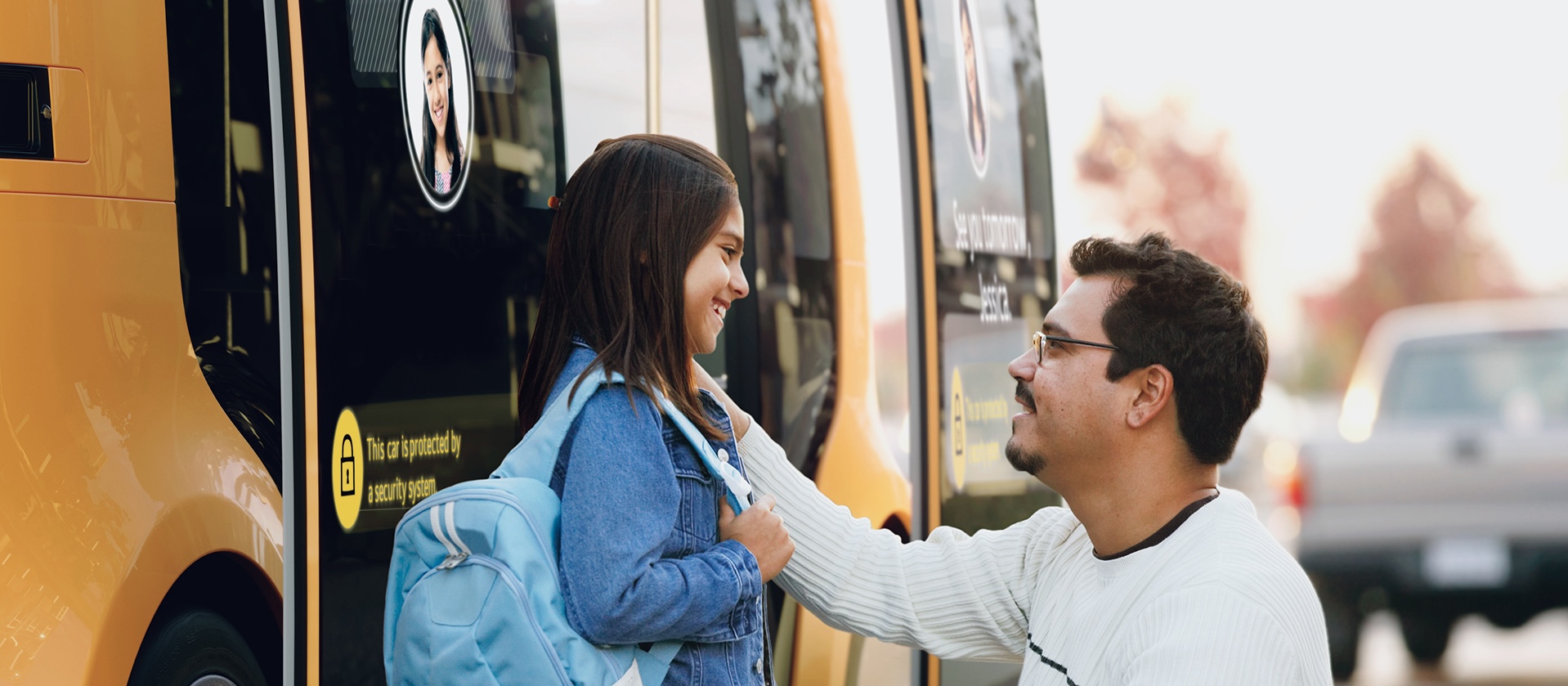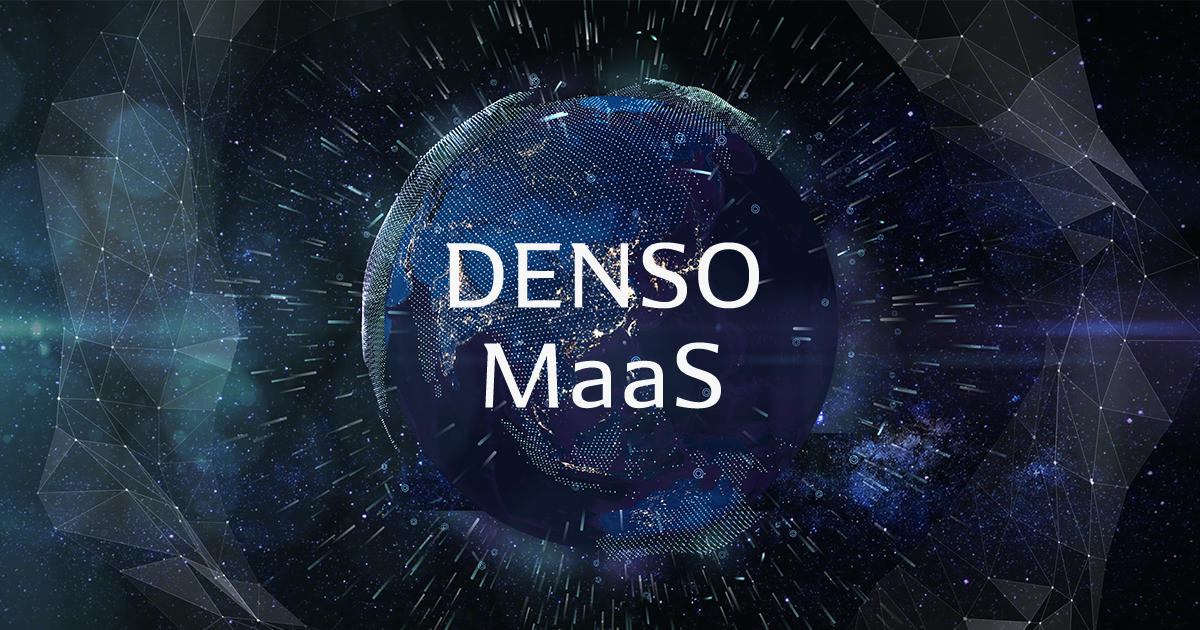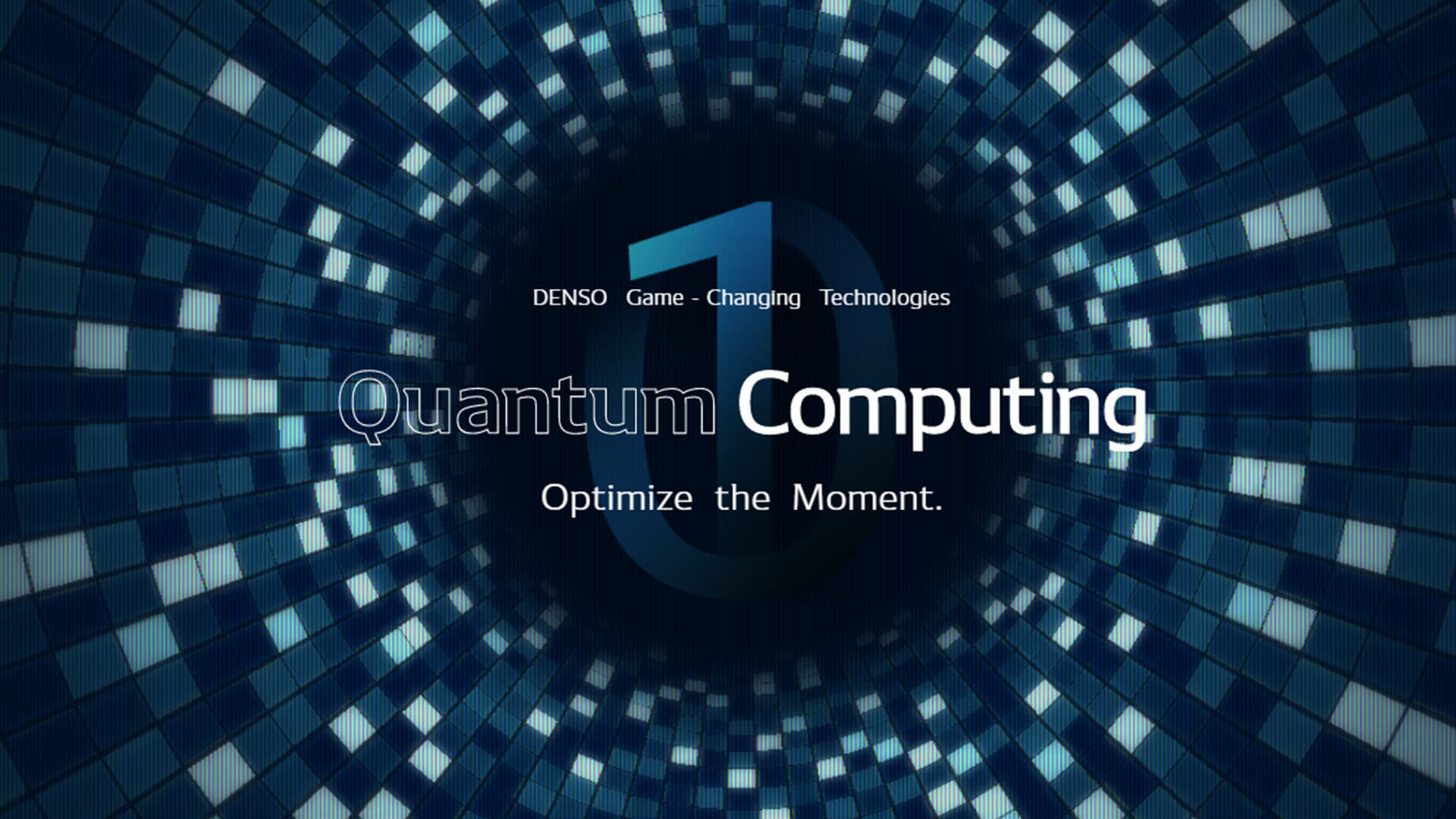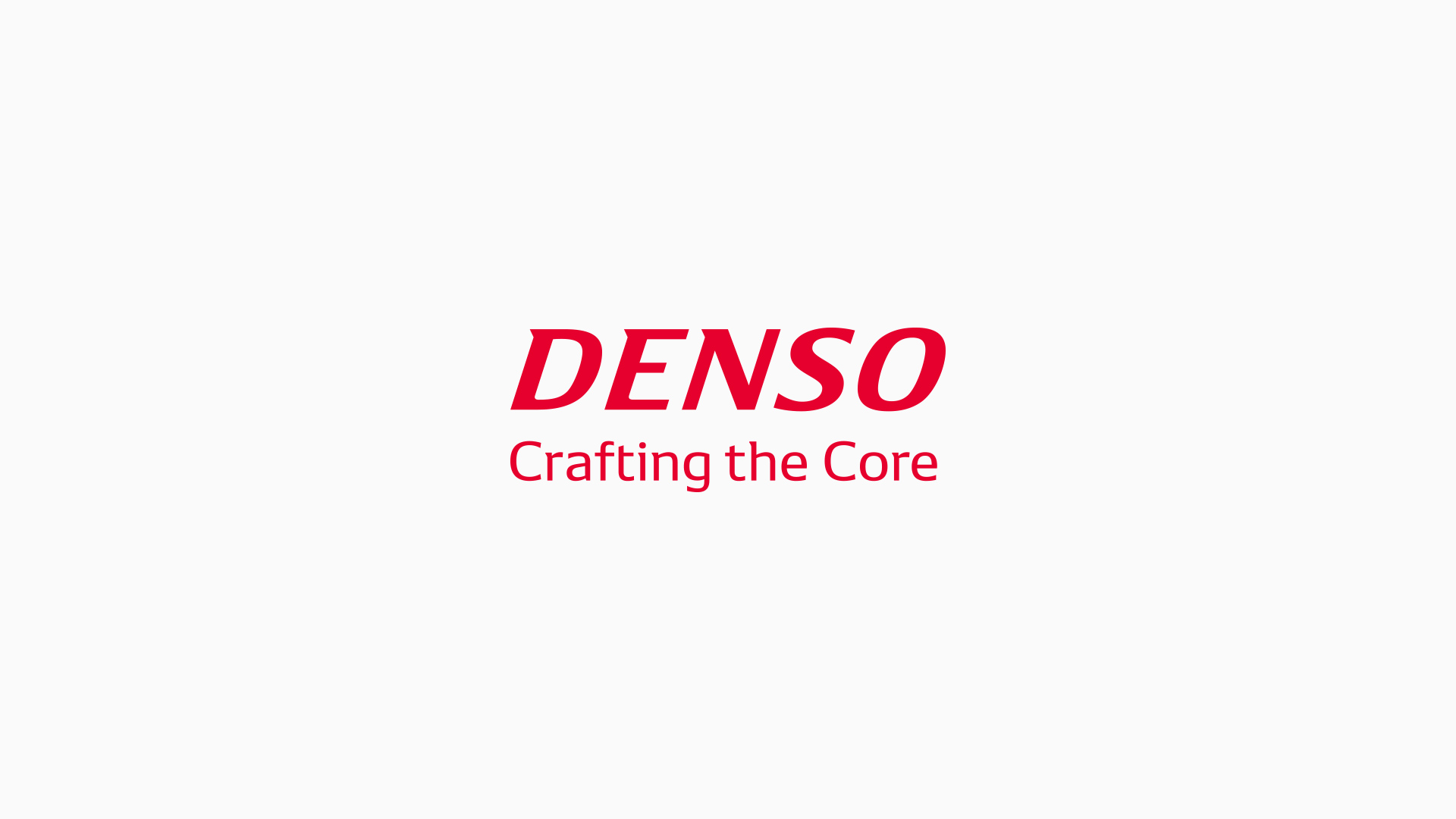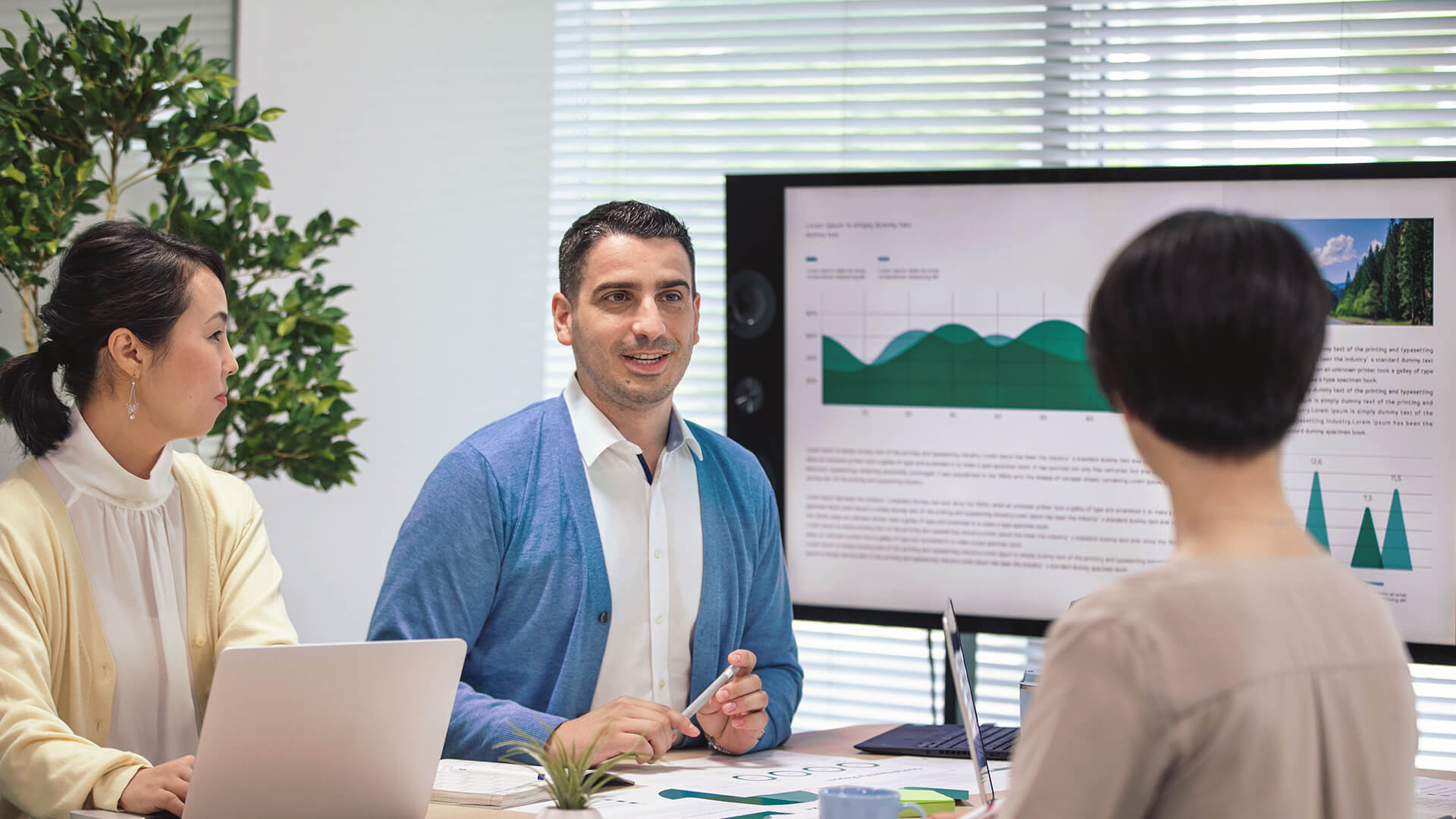Stakeholder Dialogue Fiscal 2010
Date: December 22, 2009
Place: DENSO Tokyo Office
Dialogue themes
(1) Environmental conservation
Prevention of global warming, biodiversity conservation
(2) Human rights and labor practices
Respect for diversity and basic human rights in the workplace”
(3) Promoting CSR throughout the supply chain
CSR procurement
Participants
Toshihiko Fujii (Consulting Fellow, Research Institute of Economy, Trade and Industry, IAA)
Masao Seki (Associate Director, Chief CSR officer, Sompo Japan Insurance Inc.)
Sachiko Kishimoto (Secretary General, Executive Director, (NPO) Center for Public Resources Development)
Facilitator
Hideto Kawakita (CEO, IIHOE: International Institute for Human, Organization and the Earth)
Opinions etc. expressed in the dialogue
Main opinions, expectations, etc. from external and DENSO participants are as follows.
Theme (1) How should DENSO cope with global warming and biodiversity?
(●: Experts, ♦: DENSO)
● Peter Drucker, an American economist, stated that a declining birthrate inevitably leads to a population decrease in the future, and that this should be regarded as “the future that has already happened.” It is essential to envision “the future that has already happened” through CSR.
♦ We will to identify future CSR issues based on this feedback.
● Japan takes pride in being a global leader in energy conservation technologies. However, Japan comes last among the advanced countries in terms of biodiversity conservation. In the U.S., the biodiversity offsetting rule was legislated in the 1950s to compensate for ecosystem degradation attributed to business operations with recovery activities. A similar rule is in place in Europe, but not in Japan. Arrangements are underway to establish a rule toward the 10th meeting of the Conference of the Parties to the Convention on Biological Diversity (COP10) in Nagoya in October 2010. Developing countries that have rich biological resources claim ownership of genetic resources. The issue is benefit sharing with advanced countries, including analysis technologies, intellectual property rights, and utilization technologies. In other words, the situation surrounding biodiversity is similar to that of oil resources in the Middle East. A rule will be established about benefit sharing. Companies should consider how to implement measures and respond in anticipation of these developments.
♦ We will review our measures while ascertaining impacts on our business operations.
● DENSO should present its strategy in the automotive component business. What and where will DENSO sell in the global market? What happiness will DENSO create? Emerging countries potentially offer a large market. It is necessary to disclose information in line with a sustainable growth strategy.
♦ Since the Lehman Shock, DENSO has been streamlining and restructuring its operations based on the priority themes of growth toward the next step.
Since 2009, we have launched eight DENSO Projects (DPs) as cross-sectional organizations in order to work out the next growth strategy. We will continue to disclose information about these developments.
● As a member of the World Business Council for Sustainable Development (WBCSD), DENSO should publicize its advanced environmental activities to the world. WBCSD offers an ideal opportunity to disseminate information globally. DENSO should explain how it will contribute to a “mobility society” in terms of traffic accidents, safety, etc.
● While NGOs show their presence at COP10, companies fail to serve as policy solution providers. Given that companies can offer solutions, the key is how companies can engage effectively.
♦ We will make efforts to send messages to the world through international conferences (e.g. WBCSD, COP10).
● The “eco-friendly and safe driving campaign” organized by the non-life insurance industry offers useful information. This campaign is based on survey results showing that eco-driving increases fuel efficiency by 10% and halves traffic accidents. Most people do not know that eco-friendliness is closely linked with safety. We wish to popularize and expand this campaign to create a national movement.
♦ Traffic safety is another critical theme for DENSO. We will review the possibility of introducing the campaign at DENSO based on interviews with the non-life insurance industry etc.
● “Water resource” is another pressing environmental issue in addition to biodiversity. In the field of automatic faucets, DENSO supplies an important unit to a faucet manufacturer. Specifically, the faucet allows water to flow when a sensor detects hands in close proximity, and stops water flowing when hands are no longer in close proximity. DENSO’s product is unique in that a micropower generator (alternator) generates power utilizing the water flow and electricity is stored in a capacitor to power the sensor. This mechanism is highly effective in saving water. DENSO will make significant contributions if it disseminates information about these technologies and popularizes them in regions that face water crisis.
● Low-cost on-site power generation solutions, including wind power generators that apply micropower generation technology, are highly helpful in the field of BOP* to help improve the quality of life of the underprivileged by linking CSR with business. DENSO should make more efforts to disseminate information and popularize its proprietary technologies.
* “Base of the Pyramid” or “Bottom of the Pyramid”
♦ We will review new programs for environmental and social contribution activities (e.g. organizing a contest for students using alternators). There are issues of cost reduction and sales expansion, in particular, when developing a full-scale business in emerging and developing countries. We will investigate possibilities and conduct a review.
Theme (2) How can we understand and show respect for human rights and diversity, and reflect this when implementing measures?
(●: Experts, ♦: DENSO)
● ISO 26000 states at the outset that due care must be exercised about human rights. The standard requires a mechanism for preventing infringement of human rights to be incorporated into management. It is essential to build protection of human rights into the system.
♦ We globally share the Human Resource Management Philosophy to prevent infringement of human rights (discrimination, child labor, forced labor), and clarify the policy to facilitate its permeation.
♦ We will make arrangements to minimize risks related to human rights in respective countries, including Japan.
● Companies have been increasingly expected to meet the targets on the number of women in managerial positions.
♦ We are setting numerical targets to produce results. We will further promote female participation.
● What education does DENSO offer to employees before they are transferred to overseas sites?
♦ We offer overseas human resources management education to help employees acquire knowledge and skills in human resources management and learn how to avoid and cope with human resources risks.
● During the past 20 years, the pace of the falling birthrate and aging population in Japan has been exceeding projections, and the workforce is expected to decrease significantly in the next 20 years. Obviously, workers in their most productive years will be expected to face the issue of providing nursing care for their parents during their careers. Japan’s economic growth is unsustainable unless this problem is solved. Companies will need to work seriously to ensure a work-life balance for their employees. It is necessary to establish a system that increases diversity of work styles.
♦ Based on feedback from respective workplaces, we will make continuous efforts to respond to diverse work styles by introducing a new system for childcare, nursing care, etc.
Theme (3) Considering “CSR procurement” from the viewpoint of risk management
(●: Experts, ♦: DENSO)
● Regarding CSR procurement from overseas suppliers, DENSO should reflect the CSR policy in the procurement standards and check the status through audits from the viewpoint of risk management. One effective solution is to offer self-diagnosis sheets and check the status, as practiced in Japan. Nevertheless, DENSO should also establish measures against problems that may arise. When problems caused by overseas suppliers are exposed, the public is interested in whether the best possible efforts were made to prevent problems and whether prompt and appropriate action was taken. In this context, it is essential to communicate with suppliers on a daily basis. CSR procurement should be taken positively. It is advisable to share information and ensure close communication (instead of audits) and work on activities positively.
♦ In addition to one-sided self-diagnosis by suppliers, we will actively promote verification based on genchi genbutsu (on-site verification) and interactive communication to make fundamental improvements.
● Suppliers are likely to cause problems no matter how extensively measures are implemented. In the context of social contribution, DENSO should work with NGOs before human rights issues and environmental issues arise. In addition to taking systematic action, DENSO should build relationships with organizations that raise alarms in advance, and create a network through social contribution activities from a strategic viewpoint.
♦ Although it is not easy, we will try to build such relationship with environmental and human rights organizations.
● The HISHO-KAI association should be developed as a model activity. DENSO should take on a challenge to promote the spread of SR through the supply chain.
♦ We will organize workshops focusing on fields that were identified as weaknesses for suppliers. Internal and external experts will be invited as instructors. Efforts will be made continuously to raise awareness and make improvements.
Others
(●: Experts, ♦: DENSO)
● How will DENSO promote stakeholder engagement? Specifically, how will DENSO promote engagement in determining their relevance and significance? How will sustainable consumption be attained? How will consumers be engaged? To make changes and create a sustainable society, both consumers and companies must be involved.
♦ In the next fiscal year, we will hold a dialogue with employees (CSR leaders) periodically to improve CSR activities.
♦ Stakeholders’ opinions and requests must be identified when promoting business operations (e.g. construction of a plant). We will review the possibility of further engagement.
● It is critical to identify bottlenecks of the future, not of the present. Business should be seen from a future perspective, not from the current perspective. Companies in Europe and the U.S. have elaborate strategies. Social contribution does not represent mere goodwill activities: clear messages are sent to specific targets. It is important to incorporate the future bottleneck, that is, “the future that has already happened,” in the management strategy.
♦ We will to identify future CSR issues based on this feedback.



